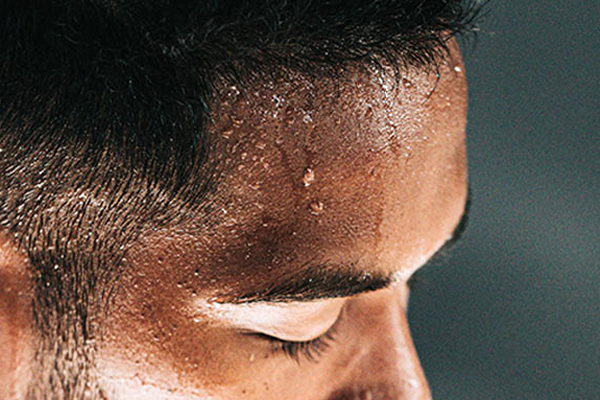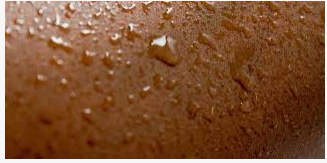Prime
What causes night sweats?

What you need to know:
- Night sweating is usual if the night is hot and the air is humid. However, when we rest at night, the body is less active and it cools down many times with noticeable night sweating
Nowadays, I sweat too much at night. At the hospital, all test results including a complete blood count, were normal. What could be the cause? Derrick
Dear Derrick,
We sweat in order to cool down. Therefore, much as sweating too much may be uncomfortable, it may be useful to keep the body at a regular temperature, enabling it to carry on with its functions.
The body generates heat itself and even more heat when we are active, say while exercising, requiring that we then sweat more to lose this heat. Also, the body may take in heat if the surrounding is hotter than it, requiring that any excess body heat is lost through sweating.
Sweating may also occur when the body’s surroundings are not hotter than the body or when one has not in any way engaged in an activity such as exercise that may have increased body temperature. Here, nervousness, infections such as malaria, thyroid disease, drugs and some cancers, among others, may be to blame.
Night sweating is usual if the night is hot and the air is humid. However, when we rest at night, the body is less active and it cools down many times with noticeable night sweating.
Bacterial infections including Tuberculosis may cause night sweating, the reason TB was checked. Brucellosis, HIV infection, bone infection, and some cancers (blood cancer leukaemia or Hodgkin’s lymphoma) can lead to night sweats and for good measure, a complete blood count (CBC) was done. Malaria, menopause, low blood sugar such as in a diabetic on drugs which reduce blood sugar, thyroid disease, medications including steroids and painkillers just like anxiety may commonly lead to night sweats, sometimes without a fever.
It is true that sometimes even after a thorough check the cause of sweating may not be found and here lifestyle in some cases (including alcohol intake) may be to blame.
If heavy sweating is accompanied by other symptoms including weight loss, fever, headache and dizziness among others, it may mean that the sweating is due to a medical condition requiring medical attention.
It is important to find the cause of sweating and deal with it to properly. Meanwhile, before seeing your doctor for proper diagnosis and treatment, avoid excessive consumption of coffee and alcoholin, wear light pyjamas to bed, take cold showers at night and avoid taking painkillers at night.




